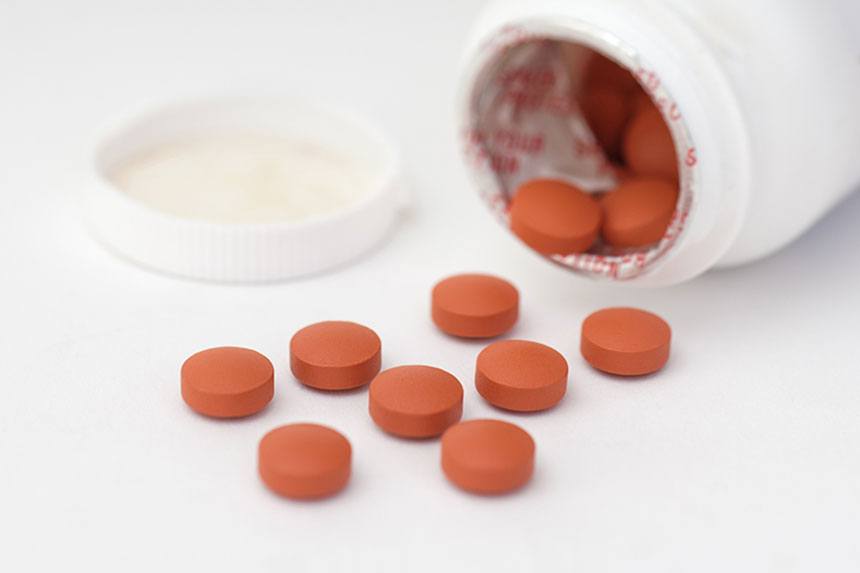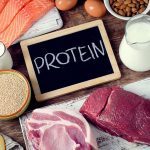Get Enough Sleep

Quality sleep stands as a cornerstone for exercise recovery. Research has shown that Non-Rapid Eye Movement (NREM) sleep, particularly, promotes protein synthesis, a crucial process in repairing damaged muscles. Securing a minimum of seven hours of sleep is recommended, fostering an optimal environment for muscle recovery and overall well-being.
While its immediate impact on muscle soreness might not be apparent, quality sleep significantly contributes to muscle repair and growth. Prioritizing adequate sleep ensures the body undergoes essential restorative processes, which are crucial for efficient recovery from physical exertion. [4]
Do not use over-the-counter NSAIDs

Despite their potential to alleviate pain linked with muscle soreness, Nonsteroidal Anti-Inflammatory Drugs (NSAIDs) might impede the muscle-rebuilding process. Studies indicate that the excessive use of NSAIDs could hinder muscle growth and strength development, posing a potential setback to individuals engaged in resistance training programs. Consider alternative methods to manage discomfort, as reliance on NSAIDs might compromise the natural muscle recovery process.
Balancing pain relief with the body’s natural healing mechanisms is crucial. While NSAIDs provide temporary relief, their overuse may interfere with muscle repair and growth, urging a cautious approach towards their consumption for managing post-exercise soreness. [5]





